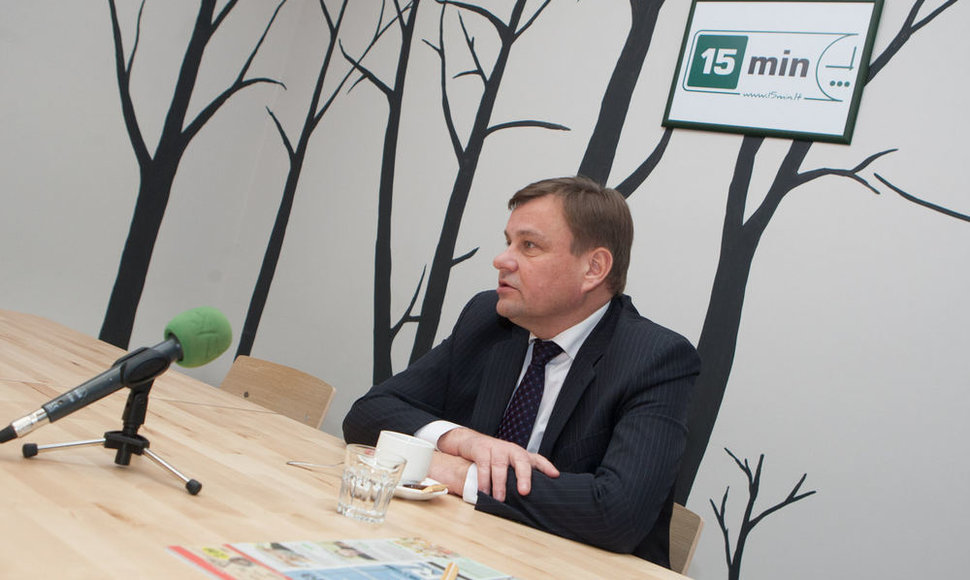Speaking to 15min.lt on Monday whether any legal changes were planned to facilitate the procedure of acquiring citizenship amid the growing emigration flows, Gedvilas said: "I think so."
"It seems to me we should return to the dual citizenship law, so that all people could have it. We cannot fully stop emigration, we live in a global world, people go abroad to study. We simply need to seek that people wanted to stay here to live, this is one of the priorities of our government. Discussions are underway with our coalition partners about the dual citizenship, we will still discuss it," the parliamentary speaker said.
In the fall of 2006, the Constitutional Court ruled that the country's main law provides for dual citizenship only in exceptional cases, declaring laws allowing dual citizenship as a matter of course unconstitutional.
Under the current Law on Citizenship, dual citizenship is allowed to people who left Lithuania before it declared independence in 1990, as well as those who acquired the citizenship automatically – through birth or marriage. However, people with dual citizenship from birth must, within three years after turning 18, pick citizenship they want to keep. Dual citizenship is not allowed to those who left Lithuania after 11 March 1990 or intentionally acquired citizenship of a foreign country.
The Constitution states that "with the exception of individual cases provided for by law, no one may be a citizen of both the Republic of Lithuania and another state at the same time."
The provision on Lithuanian citizenship is contained in the first part of the Constitution, which can only be changed through a referendum.












